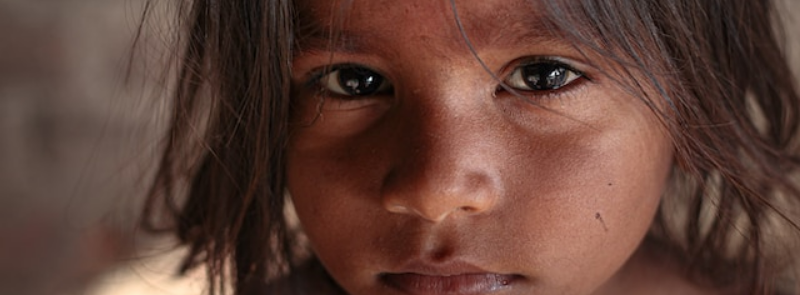
Annually on July 30th, the world observes World Day against Trafficking in Persons. This day serves to heighten awareness of human trafficking, emphasizing the promotion and protection of the rights of trafficking victims.
The United Nations Office on Drugs and Crime (UNODC) monitors trends in human trafficking, using this day to amplify awareness of the crime and advocate for concerted action against it.
Background and History
-
Origin: The United Nations General Assembly designated July 30th as the World Day against Trafficking in Persons in 2013 through Resolution 68/192. The day was established to raise global awareness about human trafficking and to encourage governments, organizations, and individuals to take action against this heinous crime.
-
Objective: The World Day against Trafficking in Persons aims to highlight the plight of trafficking victims and promote and protect their rights. It calls for increased efforts to prevent trafficking, prosecute perpetrators, and assist survivors.
Understanding Human Trafficking
-
Definition: Human trafficking involves the recruitment, transportation, transfer, harboring, or receipt of persons by means of coercion, fraud, deception, or abuse of power for the purpose of exploitation.
-
Forms of Exploitation: Victims of human trafficking are exploited for various purposes, including forced labor, sexual exploitation, forced marriage, organ removal, and other forms of slavery-like practices.
Key Facts and Statistics
-
Global Issue: Human trafficking is a global phenomenon affecting every region of the world. According to the United Nations Office on Drugs and Crime (UNODC), victims of trafficking have been identified in over 140 countries.
-
Vulnerable Groups: Trafficking disproportionately affects women and children, although men are also targeted. Vulnerable populations, including migrants, refugees, and indigenous peoples, are particularly at risk.
-
Profitable Crime: Human trafficking is one of the fastest-growing criminal industries, generating billions of dollars in profits for traffickers each year.
Activities and Campaigns
-
Awareness Campaigns: Governments, non-governmental organizations (NGOs), and civil society organizations conduct awareness-raising activities, including public events, seminars, and educational campaigns to inform communities about the signs of trafficking and how to report it.
-
Legal and Policy Advocacy: Advocate for stronger laws and policies to prevent trafficking, protect victims' rights, and prosecute traffickers. Many countries have adopted national action plans and legislation specifically addressing human trafficking.
-
Victim Support and Rehabilitation: Provide support services, including shelter, medical care, legal aid, and psychosocial support, to trafficking survivors to help them recover and reintegrate into society.
Global Efforts and Initiatives
-
United Nations Action: The United Nations plays a crucial role in coordinating international efforts to combat trafficking through initiatives such as the UN Global Plan of Action to Combat Trafficking in Persons.
-
International Cooperation: Countries collaborate through regional and international frameworks, such as the United Nations Convention against Transnational Organized Crime (UNTOC) and its Protocol to Prevent, Suppress and Punish Trafficking in Persons.
How You Can Help
-
Educate Yourself: Learn about the signs of human trafficking and how to report suspected cases to law enforcement or relevant authorities.
-
Support Organizations: Donate to or volunteer with organizations that provide assistance to trafficking victims, conduct awareness campaigns, and advocate for anti-trafficking policies.
-
Advocate for Change: Advocate for stronger laws and policies at the local, national, and international levels to prevent trafficking, protect victims, and prosecute traffickers.
Conclusion
The World Day against Trafficking in Persons serves as a reminder of the urgency to combat human trafficking and protect the rights of victims. By raising awareness, advocating for stronger laws, supporting victims, and fostering international cooperation, individuals and organizations can contribute to efforts to eradicate this grave violation of human rights and ensure justice for trafficking survivors worldwide.


